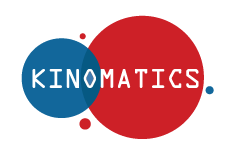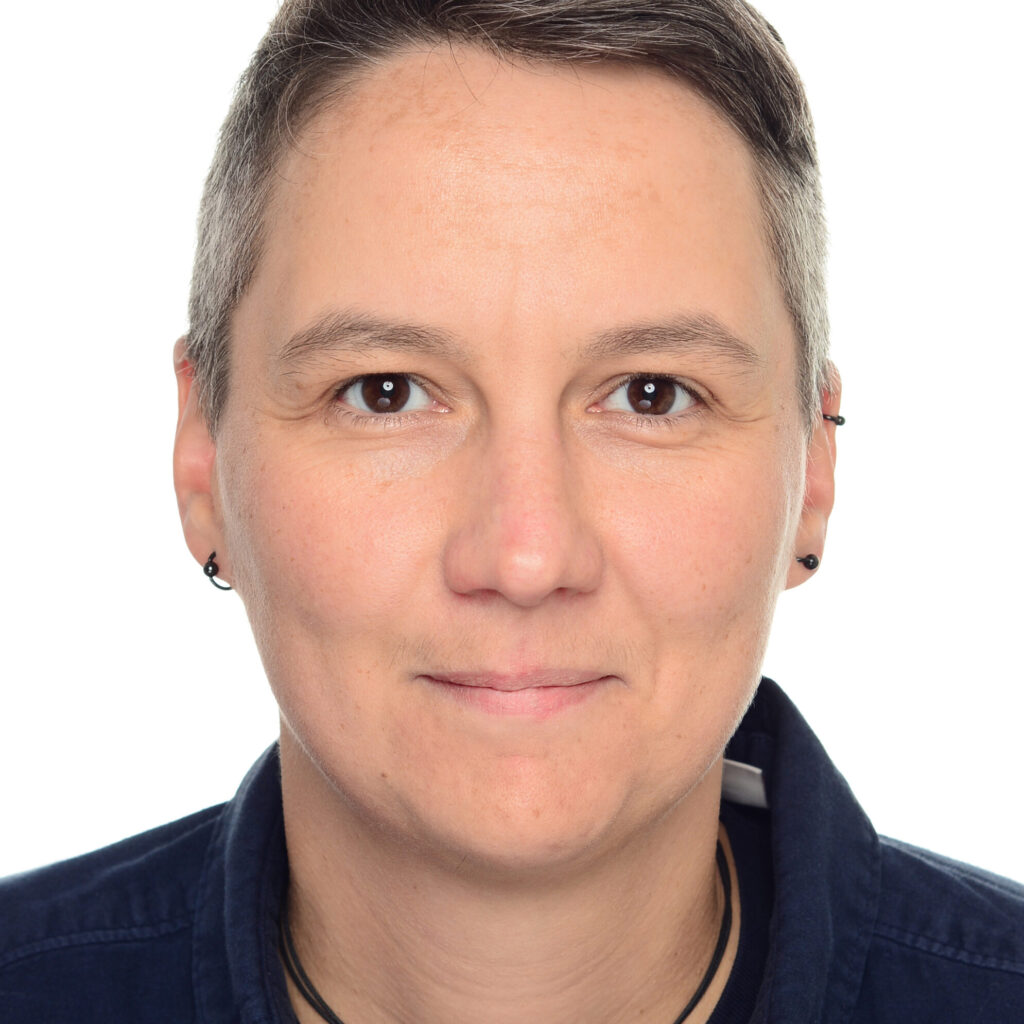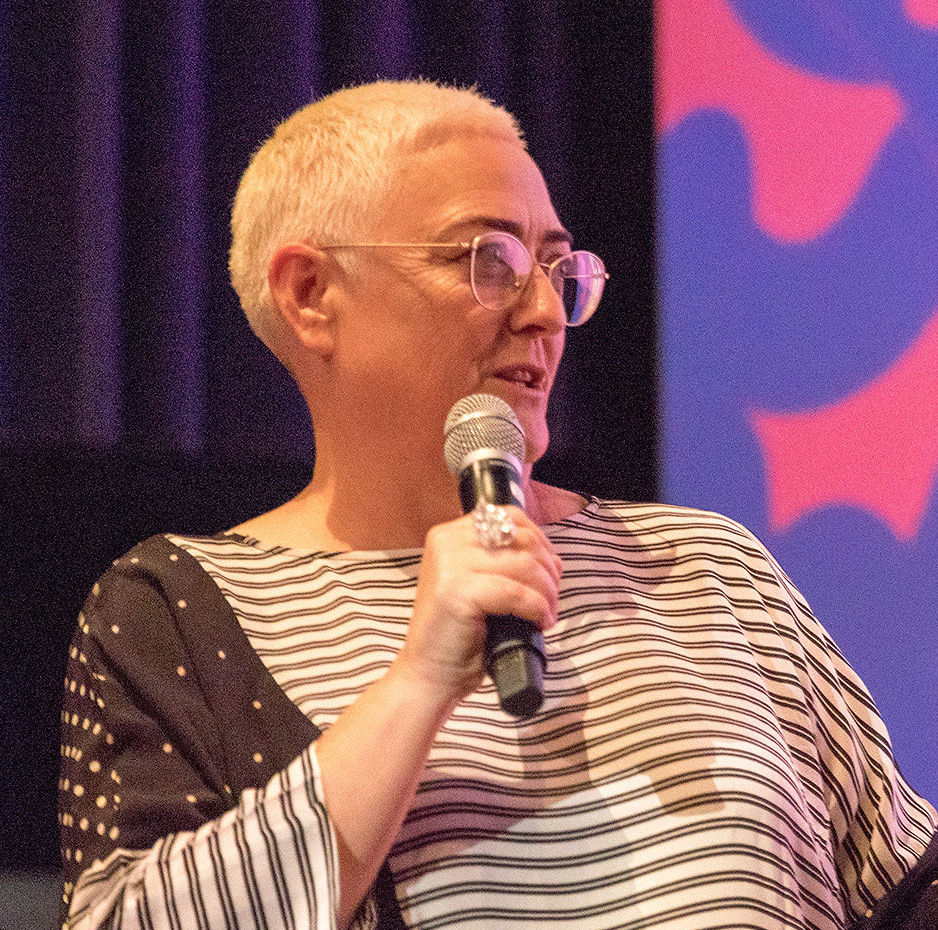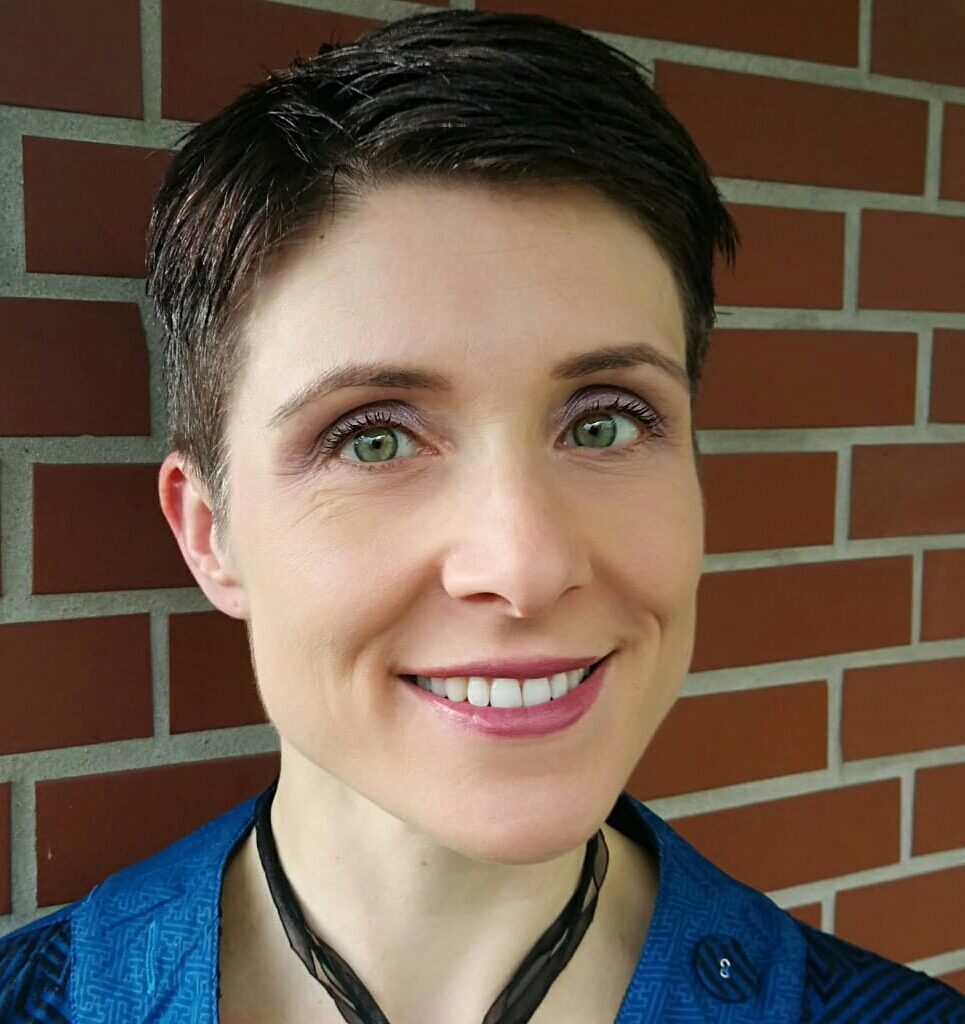Gender Equity Policy (GEP) Analysis Project: Assessing, Understanding, and Modelling the Impact of Gender Equity Policies (GEP) in the Film Industry
Project dates:
2021-2024
The GEP Analysis project will build a comprehensive new database of film industry data and combine analysis of this data with an evaluation of gender equality policies across the globe. To achieve a multi-dimensional understanding of gender inequality and policy, GEP Analysis will combine a range of methods including statistical modelling, network analysis, exploratory data visualisation, stakeholder interviews and policy mapping. For the first time in media research, insights from expert interviews and into the social relationships of the industry will be combined with analyses of economic and financial data. These new methodologies will provide a comprehensive picture of the performance of policy interventions to date. They will also allow the researchers to model the gender equality impact for different “what if” policy scenarios and provide advice to industry.
The
GEP Analysis project will investigate two core research questions:
1. What are the industry norms, structures and practices that constrain women’s participation in the international screen industries?
2. Which policy levers and interventions can most effectively deliver fundamental shifts in industry norms, structures and practices and improve women’s participation in the global screen industries?
GEP Analysis will specifically work across the social sciences to combine analyses of heterogeneous quantitative data with analyses of the policy and decision-making contexts that shape the political economy of specific national screen production industries. This evidence base will provide the foundation for an analysis of the preconditions as well as the industry programs and public policy/regulatory interventions required to create foundational change.
 The Economic and Social Research Council (ESRC; UK)
The Economic and Social Research Council (ESRC; UK)
 The Social Sciences and Humanities Research Council (SSHRC, Canada)
The Social Sciences and Humanities Research Council (SSHRC, Canada)





